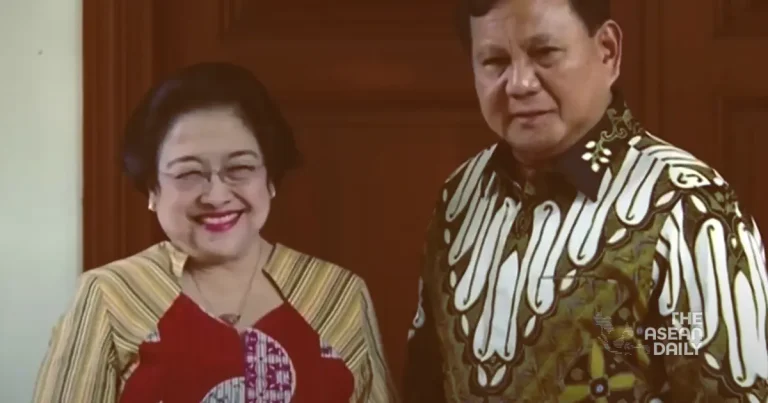16-10-2024 (JAKARTA) The political landscape has shifted dramatically, setting the stage for a complex interplay between the country’s two major political forces: the Indonesian Democratic Party of Struggle (PDIP) and the Gerindra Party. As Prabowo Subianto of Gerindra prepares to assume the presidency, and PDIP maintains its stronghold in the legislature, the nation watches with bated breath to see how these titans of Indonesian politics will navigate their new roles.
The electoral results have created a unique political tapestry. While Prabowo and his running mate Gibran Rakabuming clinched the presidency, PDIP emerged victorious in the legislative elections, securing 16.72 percent of valid votes and 110 seats in the People’s Representative Council (DPR). This division of power sets the stage for a potentially tumultuous period in Indonesian governance.
Recognising the challenges that lie ahead, President-elect Prabowo has made overtures towards PDIP, expressing a desire for cooperation. Similarly, PDIP’s chairwoman, Megawati Soekarnoputri, has shown a willingness to engage in dialogue. However, the prospect of a coalition between these two parties is fraught with complexities that go beyond mere political manoeuvring.
At the heart of the matter lie deep-seated ideological differences. PDIP, with its roots firmly planted in nationalism and Marhaenism, views its political stance not merely as rhetoric but as a sacred trust, intrinsically linked to Indonesia’s struggle for independence. The party’s commitment to social justice and national unity stands in stark contrast to Gerindra’s populist approach, often characterised by militaristic overtones.
Dr Rudi Hartono, a prominent political analyst, highlights this ideological chasm as the primary obstacle to a potential coalition. “PDIP’s inclusive nationalism and Gerindra’s exclusive populism create a divide that’s not easily bridged,” he explains. “For PDIP, aligning with Gerindra’s militaristic image could be seen as regressive, potentially damaging the party’s reputation and core identity.”
The historical rivalry between the two parties adds another layer of complexity. PDIP’s dominance in previous elections has been challenged by Gerindra’s recent ascendancy, creating a competitive dynamic that is not easily set aside. Moreover, both parties command loyal and distinct voter bases, making any sudden alliance a risky proposition that could alienate their core supporters.




